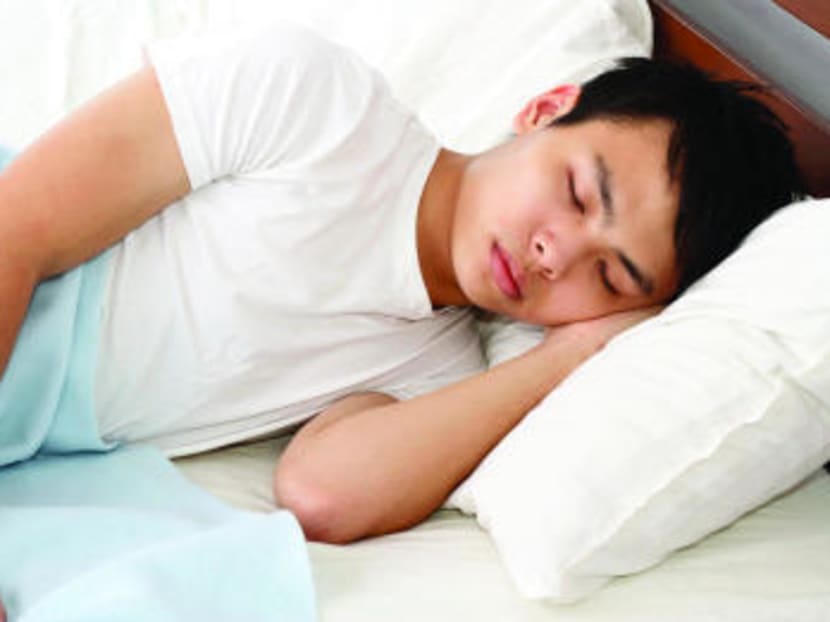More than 40% of Singaporeans not getting enough sleep: Study
SINGAPORE — A recently published study of 350 patients by SingHealth Polyclinics found that 44 per cent of Singaporeans have insufficient sleep on weekdays. The report on the study defines sleep insufficiency as having less than seven hours of sleep a day, which could put the person at risk of mental, cardiovascular and metabolic diseases.
SINGAPORE — A recently published study of 350 patients by SingHealth Polyclinics found that 44 per cent of Singaporeans have insufficient sleep on weekdays. The report on the study defines sleep insufficiency as having less than seven hours of sleep a day, which could put the person at risk of mental, cardiovascular and metabolic diseases.
The study covered adult Singapore citizens and permanent residents from various ethnic groups aged 21 to 80, who visited two polyclinics in 2015. It found that insufficient sleep during weekdays was significantly associated with the use of digital devices, home environment, employment status, and consumption habits.
Those who do not get enough sleep engage in activities in the bedroom such as studying, or surfing the Internet and playing games on the computer; they take caffeinated drinks two hours before bed, or they share a bedroom with their children.
Those who read leisurely in their bedroom and on their bed are twice more likely to have insufficient sleep during weekdays compared to those who do not.
More working adults and students also had insufficient sleep on weekdays compared to the unemployed, homemakers and retirees, with shift workers close to two times more likely to have insufficient sleep on weekends, compared to those working office hours.
When it comes to the different ethnic groups, about six in 10 Chinese had sufficient sleep compared to about four in 10 Malays and Indians.
With these findings, the study team hopes to help physicians and the public be more aware of the risk factors contributing to insufficient sleep, so that they may take steps to improve sleep and their health.







